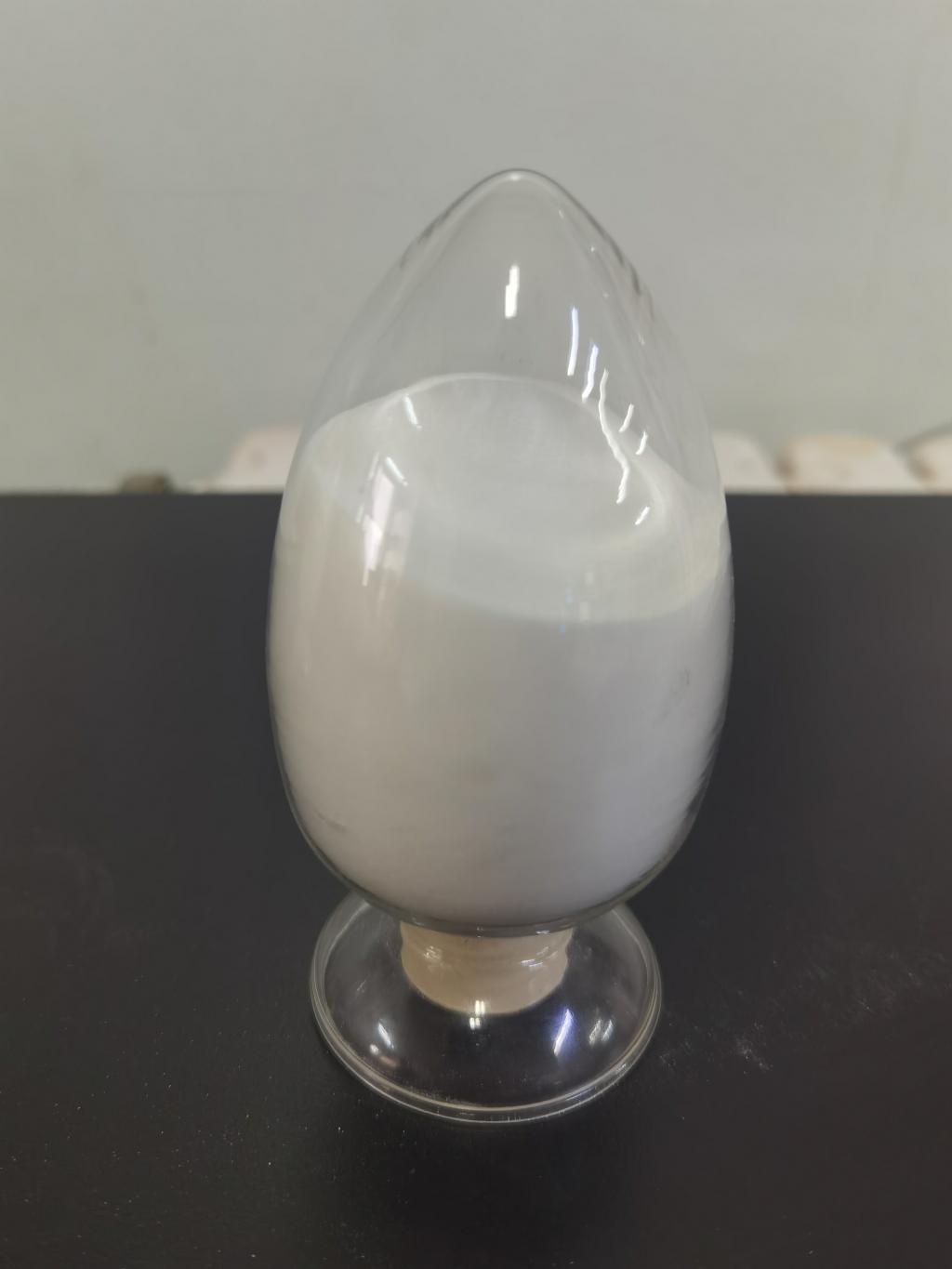Tel:+8618231198596

News
 CONTACT
CONTACT
 CONTACT
CONTACT
- Linkman:Linda Yao
- Tel: +8618231198596
- Email:linda.yao@dcpharma.cn
- Linkman:CHARLES.WANG
- Department:Overseas
- Tel: 0086 0311-85537378 0086 0311-85539701
News
Current Position:
Home >
News
>The application of ε-Polylysine hydrochloride contributes to the global efforts.
The application of ε-Polylysine hydrochloride contributes to the global efforts.
TIME:2024-04-28
The Importance of Food Security:
Food security is a multifaceted issue influenced by various factors, including population growth, climate change, natural disasters, economic instability, and social inequalities. Achieving food security requires addressing challenges related to food production, distribution, affordability, accessibility, and nutrition. Ensuring a stable and resilient food supply chain is essential not only for meeting the nutritional needs of current and future generations but also for promoting economic development, social stability, and environmental sustainability.
Challenges to Food Security:
Several challenges threaten global food security, including:
Food Losses and Waste: Approximately one-third of all food produced for human consumption is lost or wasted each year, amounting to around 1.3 billion tons globally. Food losses occur throughout the supply chain, from production and post-harvest handling to distribution and consumption, exacerbating food insecurity and resource inefficiency.
Food Safety Risks: Foodborne illnesses caused by microbial contamination, chemical residues, and adulteration pose significant risks to public health and undermine consumer confidence in food products. Inadequate food safety measures can lead to outbreaks of foodborne diseases, economic losses, and trade disruptions, affecting food security at local, national, and global levels.
Pesticide Dependence: Intensive agricultural practices reliant on synthetic pesticides contribute to environmental degradation, soil erosion, water pollution, and biodiversity loss. Excessive pesticide use also raises concerns about human health impacts, pesticide resistance, and ecosystem disruptions, threatening the long-term sustainability of food production systems.
The Role of ε-Polylysine Hydrochloride in Food Security:
ε-Polylysine hydrochloride offers a natural and sustainable solution to address key challenges to food security by:
Extending Shelf Life: As a natural antimicrobial agent, ε-Polylysine hydrochloride helps inhibit the growth of spoilage microorganisms and pathogens in food products, extending their shelf life and reducing food losses. By preserving food quality and freshness, ε-Polylysine hydrochloride contributes to minimizing waste throughout the supply chain.
Enhancing Food Safety: ε-Polylysine hydrochloride effectively controls microbial contamination in food products, thereby reducing the risk of foodborne illnesses and enhancing food safety. Its broad-spectrum antimicrobial activity targets a wide range of bacteria, fungi, and viruses, making it a versatile tool for ensuring microbiological safety in various food categories.
Supporting Sustainable Agriculture: ε-Polylysine hydrochloride aligns with principles of sustainable agriculture by offering a natural alternative to synthetic preservatives and chemical treatments. Its biodegradability, low environmental impact, and compatibility with organic farming practices make it a preferred choice for environmentally conscious producers seeking to minimize their ecological footprint.
Applications of ε-Polylysine Hydrochloride in Food Preservation:
ε-Polylysine hydrochloride finds applications in a diverse range of food products, including:
Meat and Poultry: ε-Polylysine hydrochloride is used to inhibit microbial growth in fresh and processed meat products, such as sausages, cured meats, and deli meats, helping to maintain their quality and safety during storage and distribution.
Dairy and Cheese: In dairy products, ε-Polylysine hydrochloride helps prevent spoilage and contamination by inhibiting the growth of bacteria and fungi, extending the shelf life of milk, cheese, yogurt, and other dairy products.
Bakery and Confectionery: ε-Polylysine hydrochloride is added to baked goods, confectionery items, and snacks to control mold growth and prolong freshness, ensuring product quality and reducing food waste.
Beverages: In beverages, ε-Polylysine hydrochloride serves as a natural preservative to inhibit microbial spoilage and maintain product stability, particularly in fruit juices, soft drinks, and alcoholic beverages.
Regulatory Considerations and Safety:
Regulatory authorities, such as the Food and Drug Administration (FDA) in the United States, the European Food Safety Authority (EFSA) in the European Union, and the Codex Alimentarius Commission internationally, evaluate the safety and efficacy of ε-Polylysine hydrochloride for use in food products. Manufacturers are required to comply with regulatory guidelines, including maximum usage levels, labeling requirements, and good manufacturing practices, to ensure consumer safety and regulatory compliance.
Future Perspectives and Conclusion:
As global efforts to enhance food security intensify, the role of ε-Polylysine hydrochloride in preserving food quality and safety becomes increasingly significant. By offering a natural and sustainable solution to address foodborne risks, minimize food losses, and support sustainable agriculture, ε-Polylysine hydrochloride contributes to building a more resilient and equitable food system. As research and innovation in food preservation technologies continue to advance, ε-Polylysine hydrochloride is poised to play a pivotal role in ensuring the availability of safe, nutritious, and sustainable food for all. By harnessing the potential of ε-Polylysine hydrochloride, stakeholders across the food supply chain can work together to achieve the shared goal of global food security.
- Tel:+8618231198596
- Whatsapp:18231198596
- Chat With Skype







